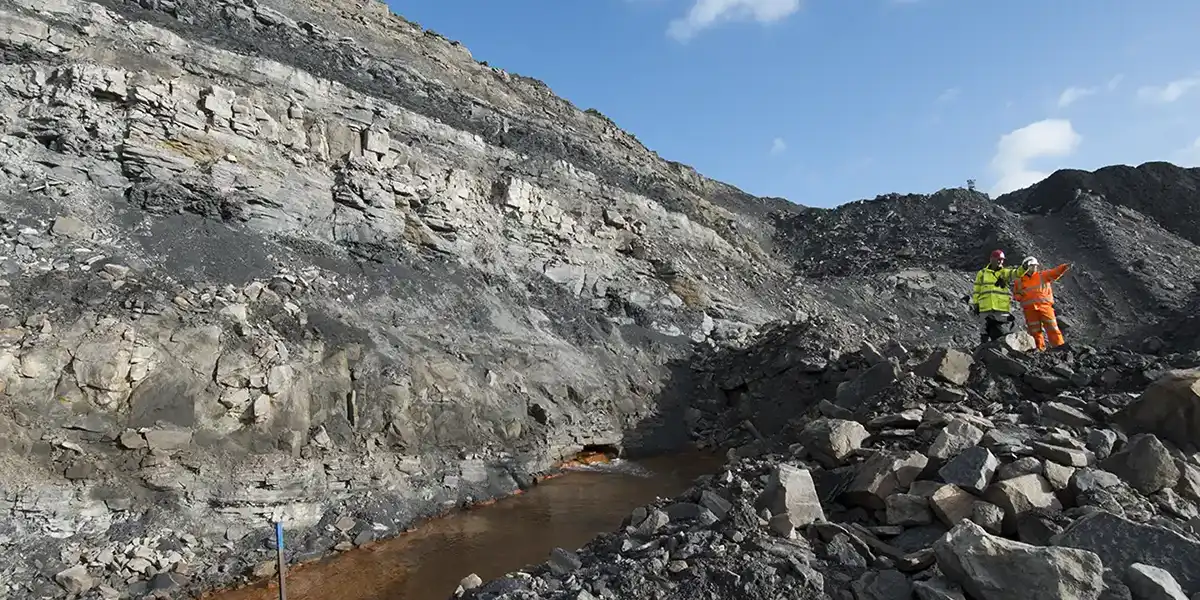In the UK, ‘minerals’ are defined in town and country planning legislation as
all substances in or under land of a kind ordinarily worked for removal by underground or surface working, except that it does not include peat cut for purposes other than for sale.
With the exception of oil, gas, coal, gold and silver, the state does not own mineral rights in the UK. Generally, minerals are held in private ownership and, where available, information on mineral rights is held by the Land Registry together with details of land-surface ownership.
Minerals in state ownership
The ‘Crown Estate’ originated in 1066. After the Norman Conquest, all land belonged to the monarch and, despite changes since then, there is still a presumption that land is owned by the Crown unless there is evidence to prove otherwise. Crown land is managed on behalf of the Government by the Crown Estate, which must now be managed by a board that has a duty to maintain and enhance the estate using good management techniques.
Oil and gas
The UK continental shelf (UKCS) comprises those areas of the seabed and beneath the seabed and beyond territorial waters (12 mile limit), over which the UK exercises sovereign rights of exploration and exploitation of mineral resources (excluding hydrocarbons).
Ownership of oil and gas within the land area of Great Britain was vested in the Crown by the Petroleum (Production) Act 1934. The Continental Shelf Act 1964 applied the provisions of the 1934 Act to the UKCS outside territorial waters.
A licence is required for landward exploration. The licence grants exclusive rights to exploit for and develop oil and gas onshore within Great Britain. The rights granted by landward licences do not include any rights of access and the licensees must obtain any consent under current legislation, including planning permissions. The North Sea Transition Authority grants licences to explore for and exploit all oil and gas resources in England, with the devolved governments doing so for the other nations of the UK. Licensees wishing to enter or drill through coal seams for coalbed methane and coal mine gas must also seek the permission of the Coal Authority.
Coal
Following the privatisation of the coal industry in 1994, the ownership of almost all coal now resides with the Coal Authority, which grants licences for coal exploration and extraction.
The Coal Authority is a non-departmental public body with responsibility for all the interests in respect of unworked coal and coal mines, and for the liabilities associated with past coal mining and unworked coal. The main functions of the Coal Authority are to:
- manage the coal resources under its control
- encourage economically viable operations to work these resources
- grant licences for coal exploration and extraction
- provide effective management of subsidence damage claims
- provide information on past, present and proposed future coal mining activities
Gold and silver
The Crown holds the rights to gold and silver. This is the case across the whole of the UK (although, in the past in Scotland, some rights were transferred by ancient charter). The mines of these metals are known as ‘mines royal’. The Crown Estate grants exclusive options to take a lease of mines royal for a specific area. These options must be obtained from the Crown Estate mineral agent, Wardell Armstrong. Exploration and access rights must be obtained from the landowner.
Other metallic and industrial minerals
Other minerals are in private ownership and, although there is no national licensing system for exploration and extraction, planning permission must be obtained from a mineral planning authority for their extraction.
UK onshore: Northern Ireland
The Mineral Development Act (Northern Ireland) 1969 vested most minerals in Northern Ireland in the Department for the Economy (DfE). This enables the DfE to grant prospecting and mining licences to commercial companies for exploration and development of minerals. There are three main exceptions:
- gold and silver, as they are already vested in the Crown
- minerals that were being worked at the time of the 1969 Act (involves specific minerals in several small areas)
- ‘common’ substances, including aggregates, sand and gravel
Further details can be obtained from the Geological Survey of Northern Ireland.
You may also be interested in
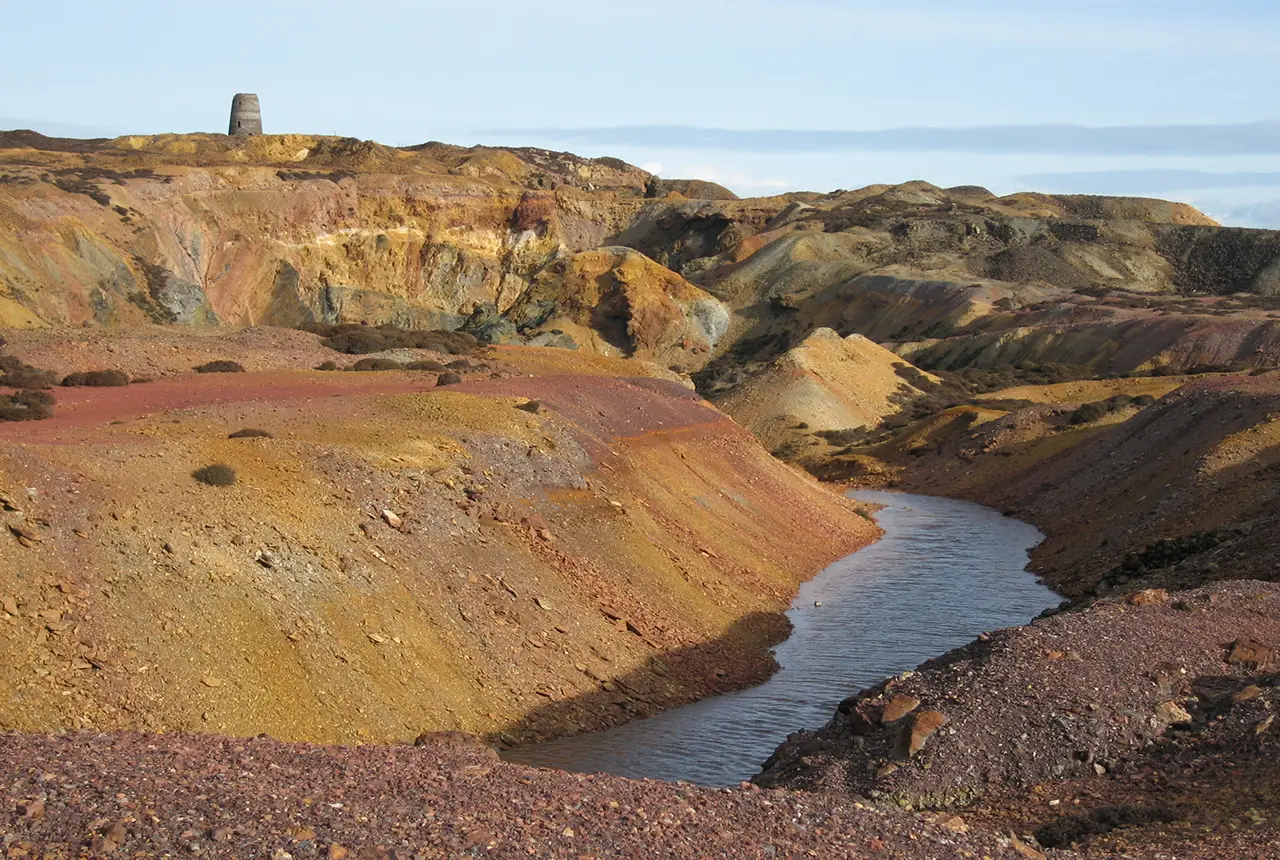
Legislation and policy
Most forms of development in the UK, including mineral extraction and related activities, require planning permission before development can take place.
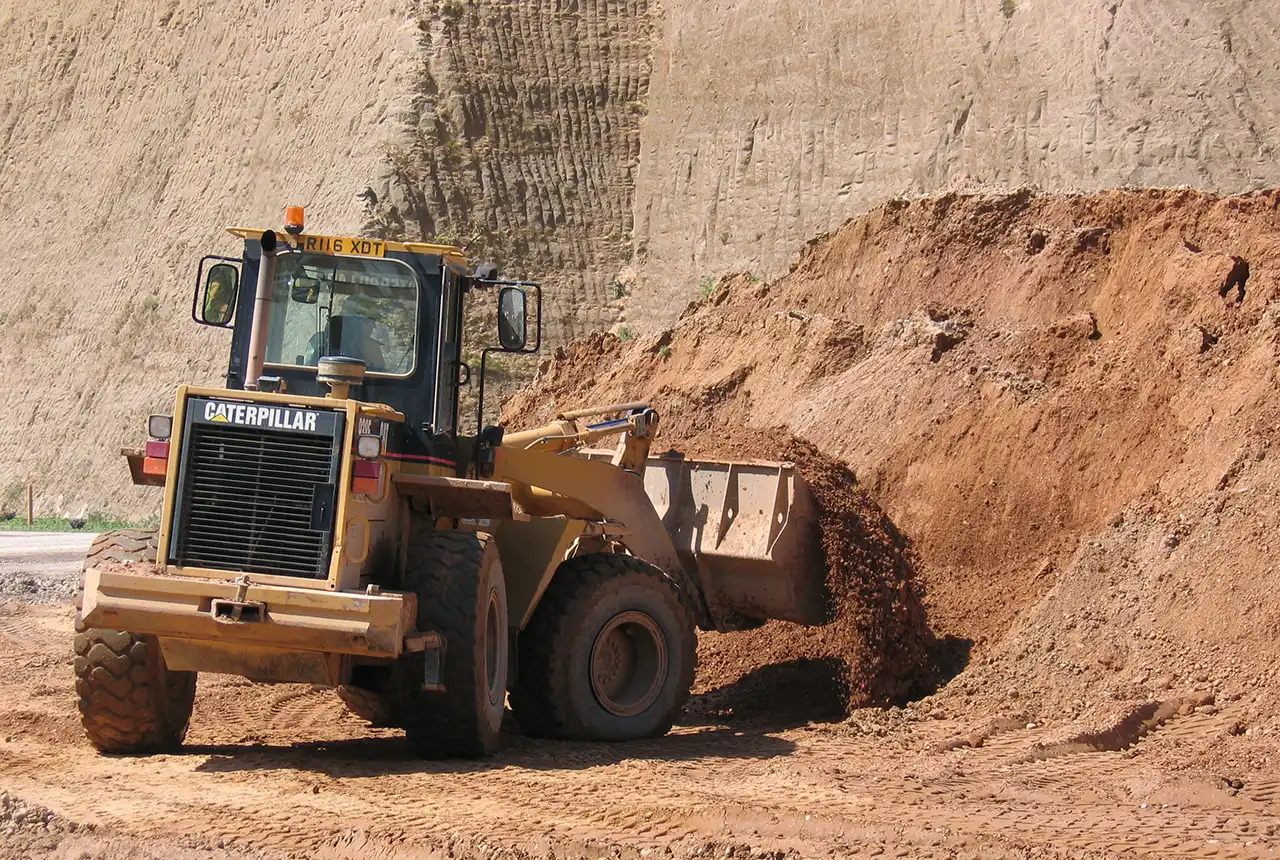
Construction minerals planning
Information on construction minerals, such as aggregates, produced in the UK
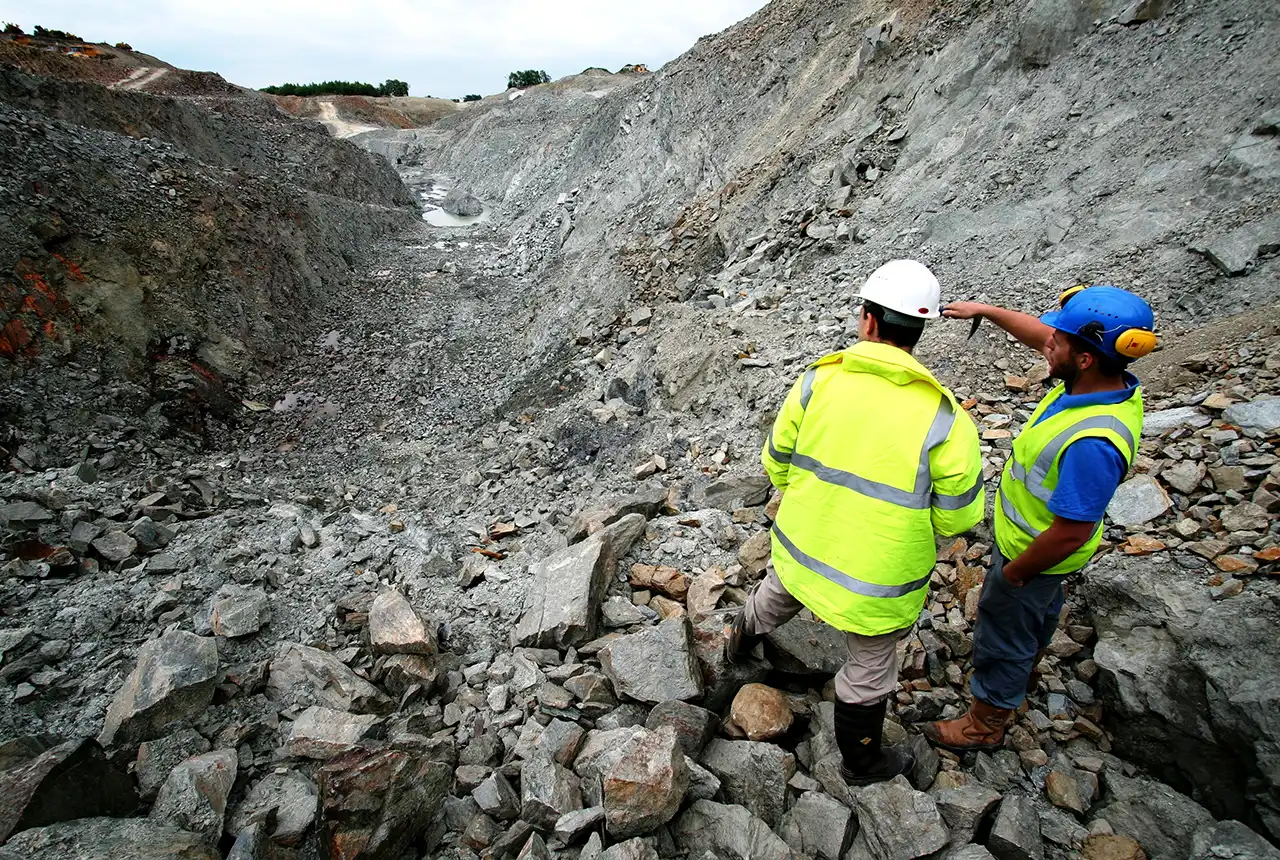
Mineral planning factsheets
BGS has produced a series of mineral planning factsheets covering economically important minerals that are extracted in Britain.
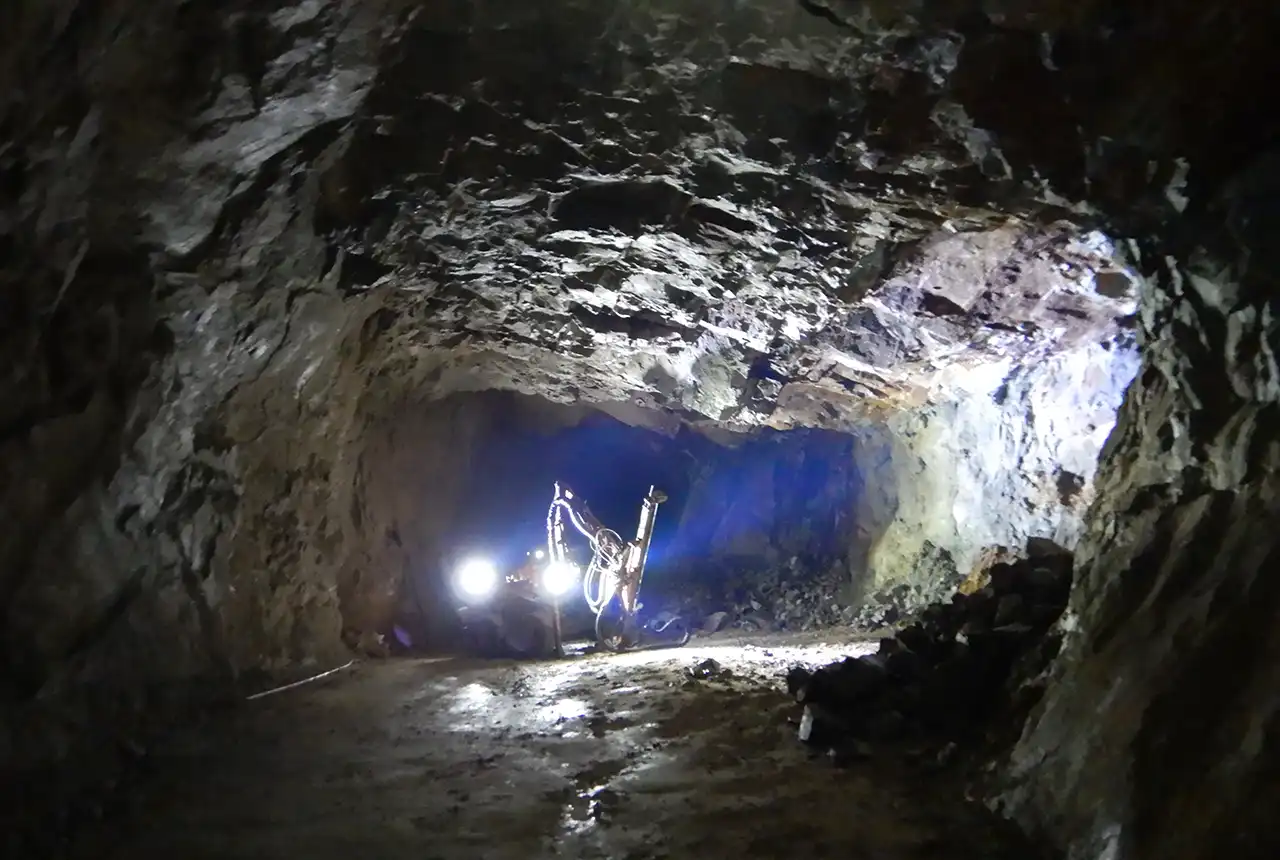
Industrial minerals planning
Industrial minerals are vital to a modern economy: they underpin manufacturing industry, construction and agriculture and have important environmental applications.

